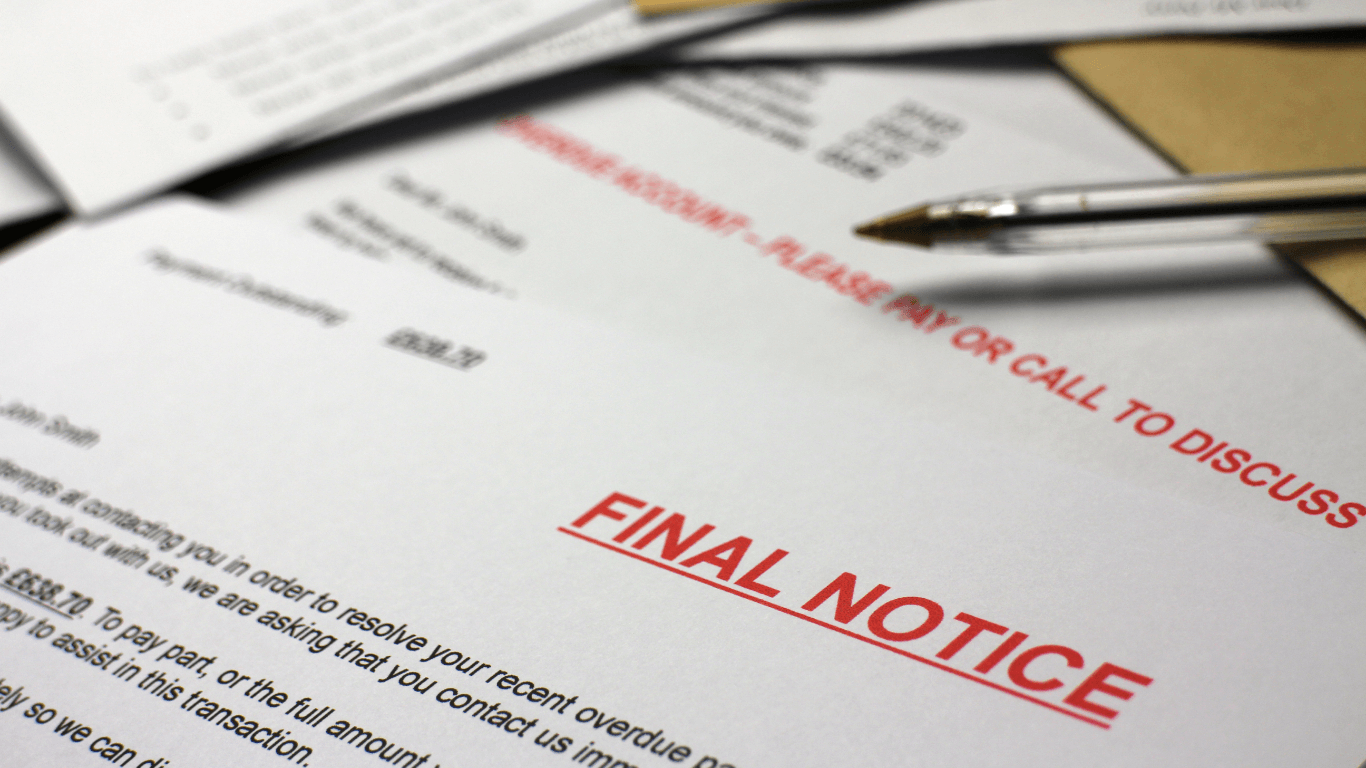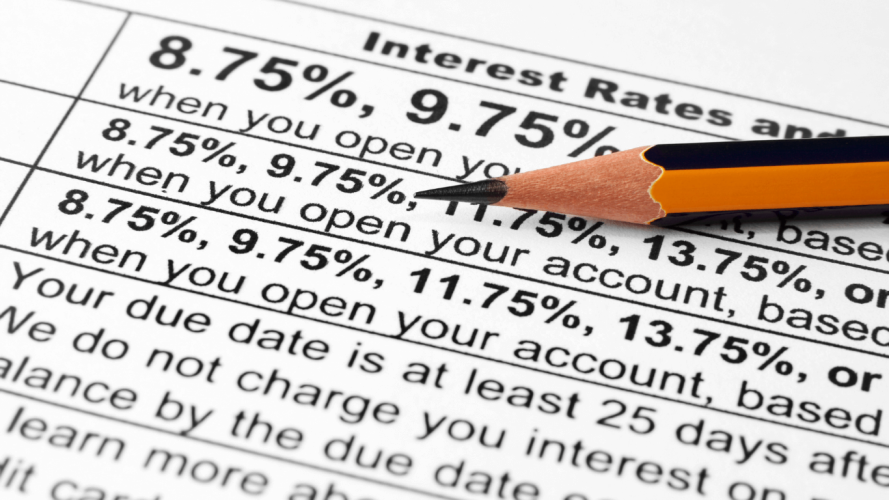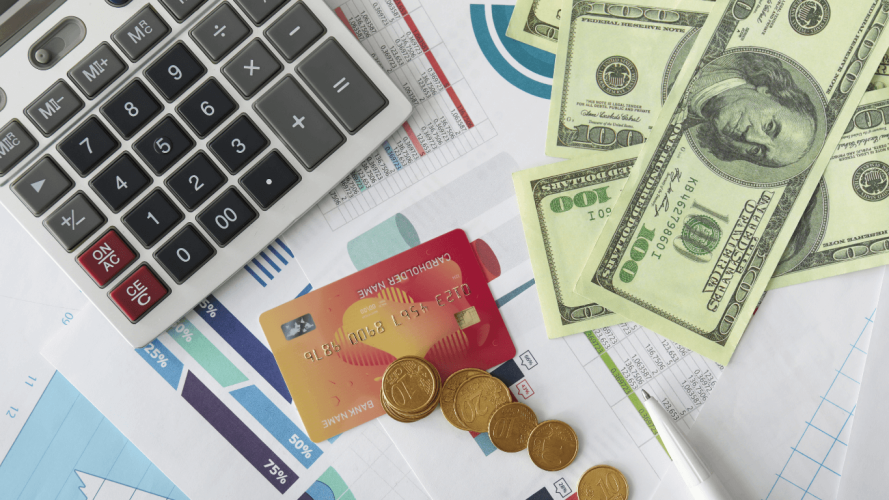Hearing from a debt collector is never pleasant. If a loan or credit card is past due, your creditor will try to collect what’s owed. Many legitimate debt collectors may be contacting you about the money you owe, but some scammers may also pose as debt collectors to try to get you to make payments you don’t owe. Here are some debt collection red flags to look out for.
Missing Information
A legitimate debt collector knows exactly who you are, how much you borrowed, your account number, your address, your date of birth, and how much you still owe. If a person claiming to be a debt collector tries to get personal information from you such as your account number or your social security number, that’s a red flag. Don’t give them personal information that they should already have and don’t give them credit card information.
Aggressive Tactics
When a person claims to be a debt collector but is using aggressive tactics, that’s a red flag. Aggressive tactics include using abusive language, threatening you with jail time, or threatening to report the delinquency to your employer or loved ones. A fake debt collector may try to get you to make a payment right away through a prepaid card or transfer of funds.
Calling at Inconvenient Times
People that work for debt collection agencies know there are times that trying to contact you isn’t allowed. They can’t contact you before 8 a.m. or after 9 p.m. unless you’ve told them that they can. They can’t contact you at work if you’ve told them not to.
Evasiveness
If the person calling you is evasive when you ask them questions, it’s a red flag. For example, if they don’t seem to have detailed information about the original creditor, there’s a good chance they’re not legitimate. It’s also a red flag if you ask them about the agency they work for and they refuse to give you their address or phone number.
An Account You Don’t Recognize
Be cautious if a debt collector contacts you about an account you don’t recognize. You have the right to ask them to provide proof of the debt before making any payment. If they hesitate when you ask for more information, it’s a red flag.
An account you know nothing about could be a sign of a scammer pretending to be a debt collector. It could also be a sign that your identity may have been stolen.
Checking Your Credit Report
A good habit to get into is to periodically review the information on your credit report. You’re entitled to a copy of your credit reports at least once a year from AnnualCreditReport.com. Check your reports carefully for accounts that don’t belong to you, wrong balances, or wrong payment histories.
If you find any errors on your credit report, dispute them right away. Dovly is an AI credit engine that can work with the credit bureaus for you to correct misinformation. Try it risk-free with our free membership tier. Contact Dovly today.



